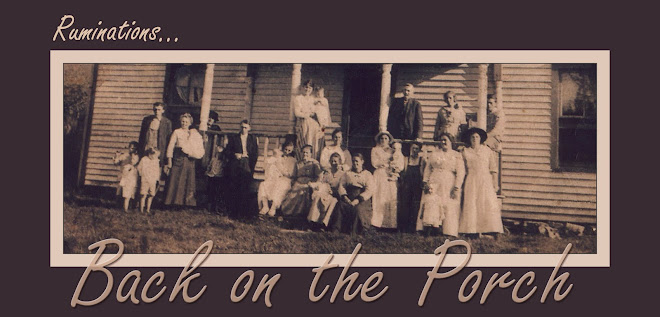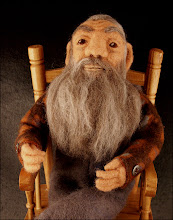 Gwendolyn Brooks was the first black author to win the Pulitzer Prize and the first black woman to hold the position of poetry consultant to the Library of Congress - this in addition to being chosen as the Poet Laureate of the State of Illinois. At age 13 her first published poem appeared in American Childhood and by 17 her poetry was often published in the Chicago Defender newspaper. Her many other honors and positions held are far too numerous to mention here.
Gwendolyn Brooks was the first black author to win the Pulitzer Prize and the first black woman to hold the position of poetry consultant to the Library of Congress - this in addition to being chosen as the Poet Laureate of the State of Illinois. At age 13 her first published poem appeared in American Childhood and by 17 her poetry was often published in the Chicago Defender newspaper. Her many other honors and positions held are far too numerous to mention here. Her prolific body of work was largely about being black in urban America, especially during the 60s and beyond, and reflected her strong commitment to racial identity and equality. It has been reported that she considered visiting elementary schools and community colleges one of her most important roles in social edification. Her self described "folksy narrative" included varied forms of free verse, sonnets, and other models. One of her well known works is a haiku titled "We Real Cool" which is as relevant in today's society as when published in 1966.
'Gwen' Brooks was born in Topeka, Kansas, June 7, 1917, and grew up in Chicago, Illinois. Her father was a janitor, who had aspired to be a doctor, and her mother was a school teacher and classical pianist. While being very strict and not allowing her to even play with the neighborhood children both parents fully supported and encouraged their daughter's love of books and reading.
Brooks considered herself "essentially an essential African" and understood that "the black emphasis must be not against white but for black." She envisioned a future with "the shaking of hands (very important in African society) in warmth and strength and union."
Although she passed far too soon for those who admired, respected and loved her, Gwendolyn Brooks did not "die soon." She passed from this earth December 3, 2000 at the age of 83.
We Real Cool
By Gwendolyn Brooks
We real cool. We
Left school. We
Lurk late. We
Strike straight. We
Sing sin. We
Thin gin. WeDie soon.








